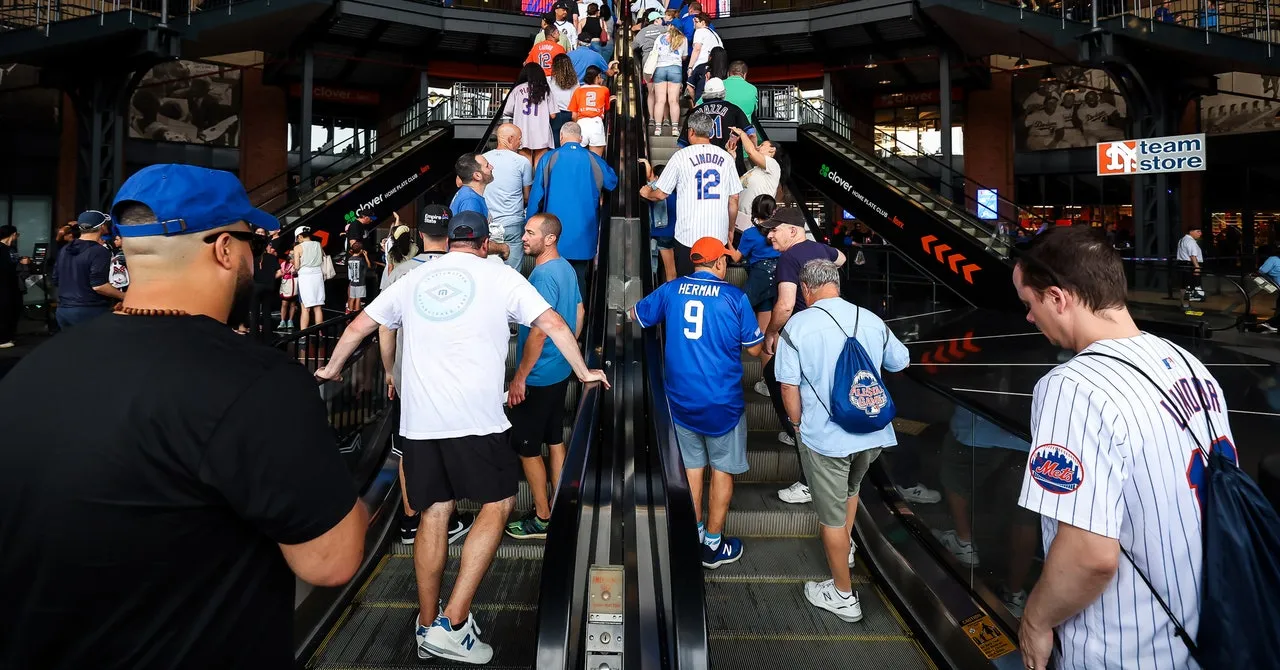Face Recognition and Privacy: The Surveillance Debate in Sports

Face Recognition Technology and Its Rise in Sports
Thousands of people recently gathered outside Citi Field in Queens, New York, to watch the Mets battle the Orioles. Amid the excitement, privacy advocates protested a recent Major League Baseball initiative: the Go-Ahead Entry program, which leverages face recognition technology to enhance security and streamline entry.
Understanding the Go-Ahead Entry Program
This program allows fans to upload their selfies via the MLB Ballpark app, providing a separate and typically shorter line at stadium entrances. While proponents argue that this face recognition technology reduces wait times and improves the experience, critics voice concerns over the privacy implications and the risks of extensive surveillance.
The Growing Surveillance Tools Landscape
- Six MLB teams, including the Phillies and Astros, are adopting this technology.
- The New York Mets utilize Wicket for their own facial recognition-based express entry.
- Concerns about security lapses and police access to fan data proliferate.
Industry Trends: Face Recognition Beyond MLB
Other sports organizations, such as the NFL, have also begun implementing face recognition systems, further igniting debates about surveillance in public spaces. This series of developments spots a growing trend in integrating artificial intelligence within the sports framework, raising questions about privacy and personal rights.
This article was prepared using information from open sources in accordance with the principles of Ethical Policy. The editorial team is not responsible for absolute accuracy, as it relies on data from the sources referenced.